Where Do You Really Belong?
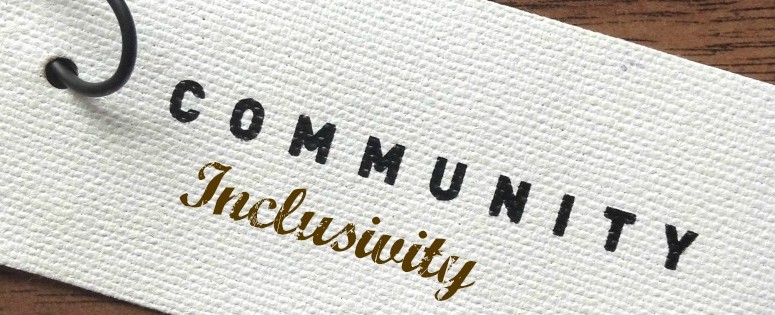
This is the second in a series of articles about community building. We’re talking about inclusivity, the distinguishing factor of an authentic community. Cliques and communities; how do you tell the difference? Settle in and share your thoughts!
She had bouncing brown ringlets tied back with a wide ribbon, and she wore the prettiest dresses trimmed with lace. Josie was the popular girl. We were in grade one.
Josie was having a Birthday party, and everyone wanted to be invited. I don’t remember if I received an invitation or not. I only remember wanting to go to her party.
Nobody likes to be left out. It hurts in an inexplicably painful way.
As a child, I was always forming groups. I’m not sure if it was because I loved groups or because I hated being left out. We all need a place where we feel we belong. And the feeling of belonging is never more profound than in a community. In a community, a true community, everyone belongs. The inclusive characteristic of a community is what makes it the rich and fascinating experience that it is. Smile, relax, you’ve come to the right place. You belong here.
Yet we draw little circles around our groups, protecting them from “outsiders”, afraid our closeness will be threatened if we let others in. It can’t be more untrue. The circles we draw, initially, are around those who are like us. We do this naturally; we gravitate towards them, and we attract them. But how very boring this is bound to become over time.
Think, for instance, of the diversity of the characters of The Big Bang Theory. Without Sheldon, by far the quirkiest one, the show would lack spark and interest. Each character contributes to the dynamics and humour we enjoy. This is also illustrated by the diverse group of friends on the show Community.
A true community is inclusive. There is no way to mince these words, either your group is inclusive and has the potential to evolve into a community or it is exclusive and it forfeits that right.
A community recognizes that everyone has gifts to bring to the table. You don’t know who will be the one in the group who will voice the important thought the others are afraid to voice. You don’t know who will be the one to reach out to the one no one noticed was hurting. These are unspeakably precious events in the life of a community. They are the moments that transform a sitcom from a show that makes us laugh into something much more.
It takes courage for a group to be inclusive. Perhaps this is why so many groups never become real communities.
Can you imagine a world where inclusion was the rule? Imagine a place where you felt you belonged everywhere. Children know this world until we tell them they are wrong.
Imagine a world in which everyone knew; we are all in this together.
What is your earliest memory of feeling excluded as a child? Were you the one to welcome the new kid in the class? Are you a group-former? What do you think made you this way? Have you ever been in or on the outside of a clique?

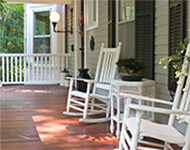
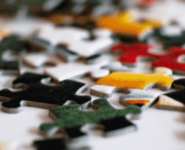


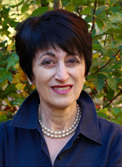 Welcome to Life, for instance!
Welcome to Life, for instance! “Lori shares plenty of feet-on-the-ground advice and techniques for forming and fostering community... The newcomer to community building will get a solid foundation, and the experienced community builder will find a useful framework as well as some new tools for the toolbox.”
“Lori shares plenty of feet-on-the-ground advice and techniques for forming and fostering community... The newcomer to community building will get a solid foundation, and the experienced community builder will find a useful framework as well as some new tools for the toolbox.”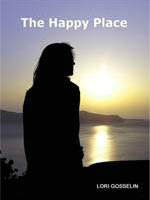 "Lori has put together a real
page turner of a book. With
great humility Lori has woven
together a very insightful
personal story of transformation...
and in the process has put
together a doable set of steps
that anyone can do and
follow to their own happy place."
"Lori has put together a real
page turner of a book. With
great humility Lori has woven
together a very insightful
personal story of transformation...
and in the process has put
together a doable set of steps
that anyone can do and
follow to their own happy place."






